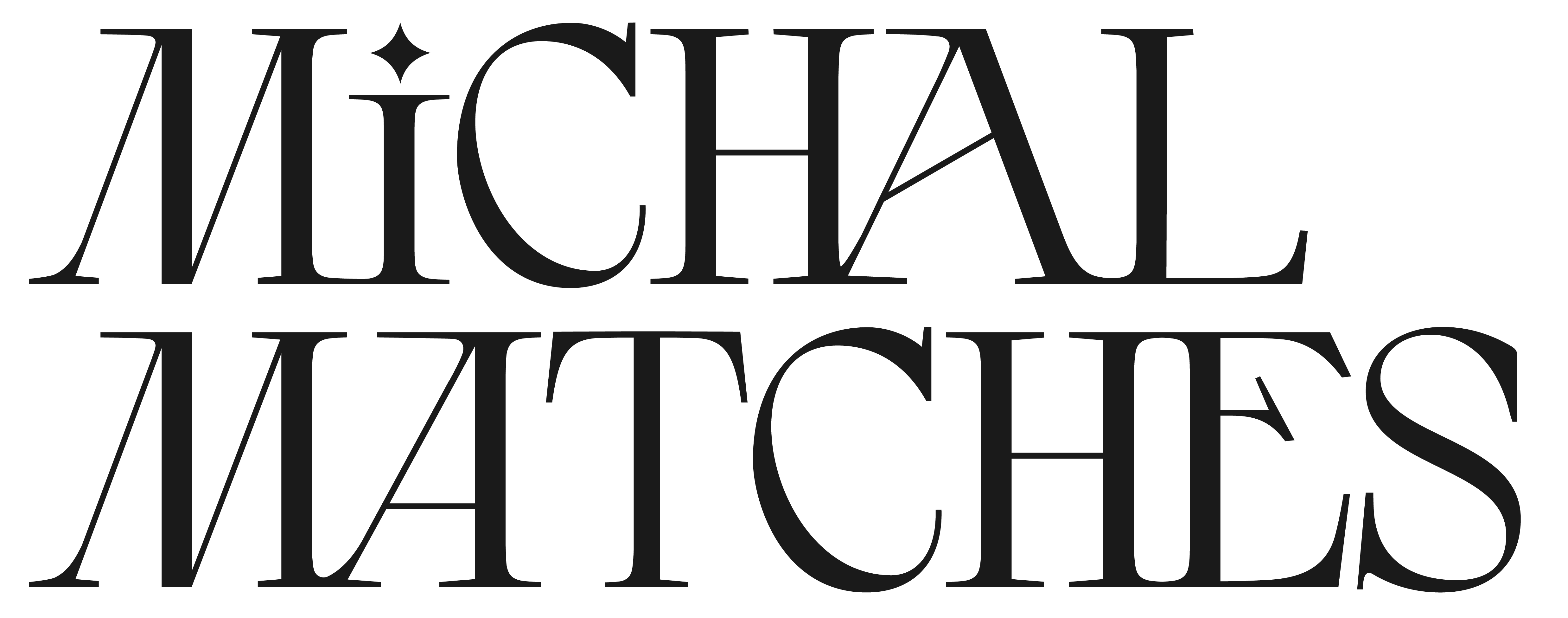Connection is Medicine: Dr. Matt Reid on Fear, Healing, and Human Bond
In this episode of Superconnector Stories, Michal and Amira sit down with Dr. Matt Reid, an emergency physician turned addiction specialist, to explore one of the most human topics of all: connection.
From the crucible of the emergency room to the quiet lessons of recovery and friendship, this conversation reveals how connection isn’t just emotional: it’s biological, philosophical, and deeply practical.
(Links: Superconnector Stories YouTube Channel | Watch this episode | Johann Hari TED Talk on Connection)
The Crucible of Connection
Dr. Matt met Amira while working in a high-stress emergency department. Their friendship was forged in chaos—where every decision could mean life or death.
“When someone’s crashing, who you want in the room with you matters,” says Amira. “Who’s the other brain problem-solving with you? Who’s seeing what you might miss because you’re running the code?”
Dr. Matt adds that the ER tests more than skill—it tests character.
“It’s not about competition. It’s about who you can trust when everything hits the fan.”
That shared pressure, over years, turned into mutual respect and a deep bond built on reliability and understanding.
The Cost of Caring
The episode takes a raw look at what happens when physicians give everything to others and leave nothing for themselves.
“There’s not space for the rest of what life requires,” Amira explains. “You skip meals, skip sleep, skip your own needs—and after the 47th time, it changes you.”
Dr. Matt points out that this constant dysregulation leads to burnout, loneliness, and sometimes addiction. Many physicians, he says, were “the smart kids” who began serving others at a young age and never stopped long enough to build the social and emotional muscles needed for balance.
From Burnout to Breakthrough
Amira’s own story embodies that transformation. She recalls the day her body gave out, a day she calls her “Break Day.”
“It was the day my spine broke—but really, it was the day I got a break,” she says. “Someone finally handed me a chair and said, ‘Sit down.’”
That forced pause became the beginning of a new kind of connection—with herself, her children, and a circle of friends who showed up for her through illness, separation, and rebuilding.
Connection vs. Isolation
Dr. Matt now works in addiction recovery, where his philosophy is simple: connection heals.
“It’s not abstinence that saves people. It’s connection,” he says. “Relationships are the medicine.”
He references the famous “Rat Park” experiment, where isolated rats turned to cocaine-laced water while socially connected rats ignored it. The takeaway: community prevents despair.
Amira reflects, “That’s why group therapy works. It’s why group accountability and even group learning work. Connection changes chemistry.”
The Science of Love and Fear
Later in the episode, the conversation turns to fear management and emotional regulation. Both agree that fear cannot be avoided—but it can be transformed.
“Fear management is a practice,” says Dr. Matt. “You can’t control the first emotional response, but everything after that is up to you.”
Amira adds a biological dimension:
“Connection is biochemistry. You can reprogram your fear response. You can move from reactive to responsive—but it takes practice.”
Love, Boundaries, and Evolution
As they reflect on their friendship, Michal observes that Dr. Matt and Amira challenge each other intellectually and emotionally—“iron sharpens iron.”
Amira summarizes it beautifully:
“Love is passion and fire, but with respect and boundaries. It’s learning to navigate disagreement within the boundary of love.”
That, she concludes, is what makes relationships last.
Closing Reflection
“Connection is Medicine” isn’t just a title—it’s a lived philosophy.
From emergency rooms to recovery circles, from fear to friendship, Dr. Matt and Amira remind us that healing begins with one simple truth: we survive better together.
Further Reading and Viewing


No responses yet